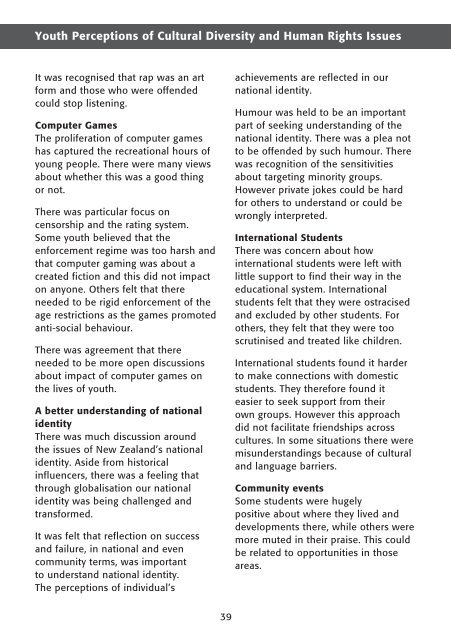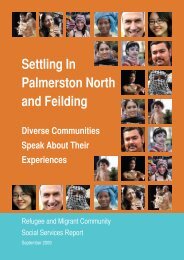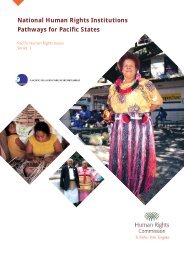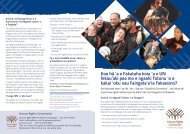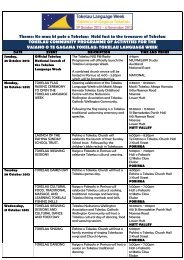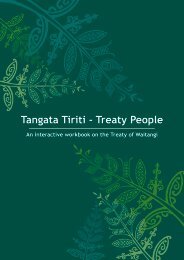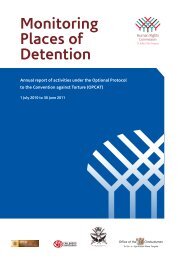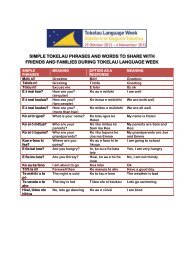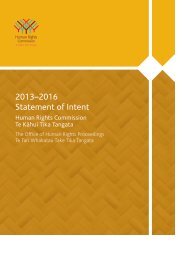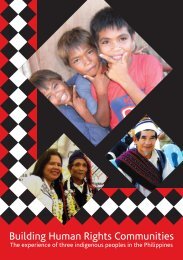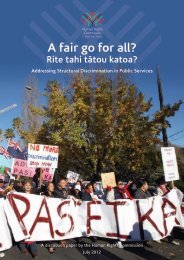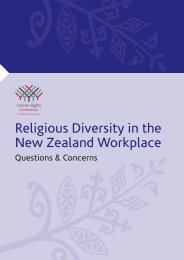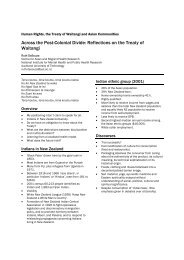77117 HRC inside.ps, page 1-56 @ Normalize - Human Rights ...
77117 HRC inside.ps, page 1-56 @ Normalize - Human Rights ...
77117 HRC inside.ps, page 1-56 @ Normalize - Human Rights ...
- No tags were found...
Create successful ePaper yourself
Turn your PDF publications into a flip-book with our unique Google optimized e-Paper software.
Youth Perceptions of Cultural Diversity and <strong>Human</strong> <strong>Rights</strong> IssuesIt was recognised that rap was an artform and those who were offendedcould stop listening.Computer GamesThe proliferation of computer gameshas captured the recreational hours ofyoung people. There were many viewsabout whether this was a good thingor not.There was particular focus oncensorship and the rating system.Some youth believed that theenforcement regime was too harsh andthat computer gaming was about acreated fiction and this did not impacton anyone. Others felt that thereneeded to be rigid enforcement of theage restrictions as the games promotedanti-social behaviour.There was agreement that thereneeded to be more open discussionsabout impact of computer games onthe lives of youth.A better understanding of nationalidentityThere was much discussion aroundthe issues of New Zealand’s nationalidentity. Aside from historicalinfluencers, there was a feeling thatthrough globalisation our nationalidentity was being challenged andtransformed.It was felt that reflection on successand failure, in national and evencommunity terms, was importantto understand national identity.The perceptions of individual’sachievements are reflected in ournational identity.Humour was held to be an importantpart of seeking understanding of thenational identity. There was a plea notto be offended by such humour. Therewas recognition of the sensitivitiesabout targeting minority grou<strong>ps</strong>.However private jokes could be hardfor others to understand or could bewrongly interpreted.International StudentsThere was concern about howinternational students were left withlittle support to find their way in theeducational system. Internationalstudents felt that they were ostracisedand excluded by other students. Forothers, they felt that they were tooscrutinised and treated like children.International students found it harderto make connections with domesticstudents. They therefore found iteasier to seek support from theirown grou<strong>ps</strong>. However this approachdid not facilitate friendshi<strong>ps</strong> acrosscultures. In some situations there weremisunderstandings because of culturaland language barriers.Community eventsSome students were hugelypositive about where they lived anddevelopments there, while others weremore muted in their praise. This couldbe related to opportunities in thoseareas.39


